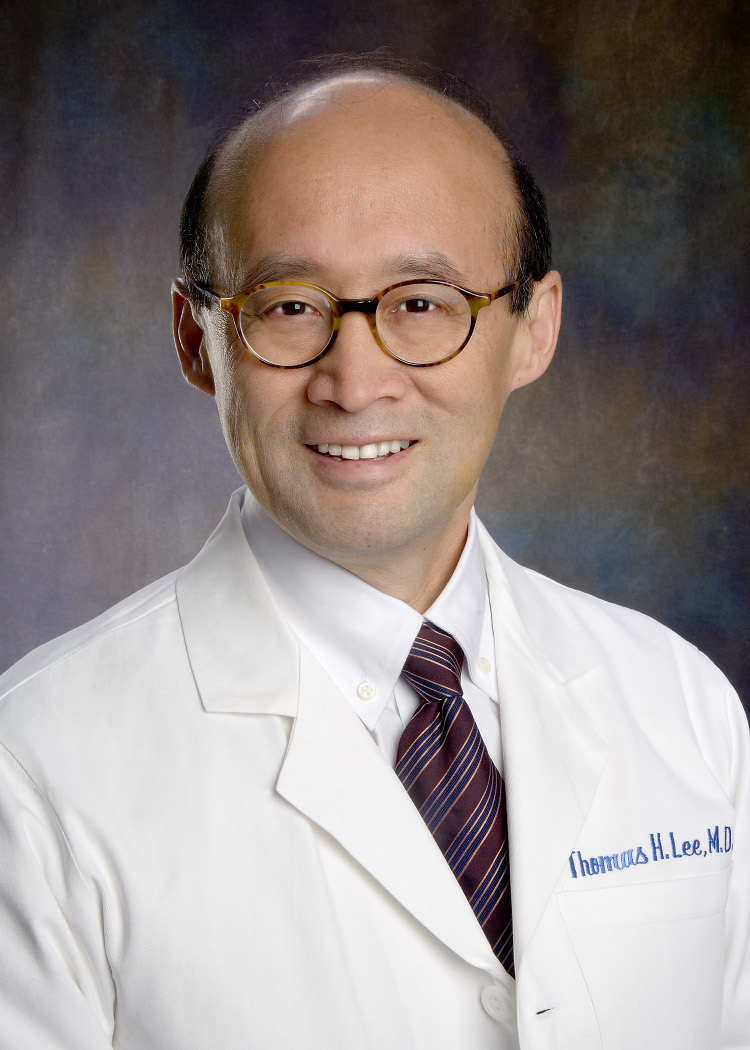Max Weber, a sociologist, philosopher, economist and political scientist, is often referred to as the "father of modern sociology." Although Mr. Weber's last book was published in 1922, many of his theories live on today and can be applied to a number of industries, including healthcare, according to Thomas H. Lee, MD, CMO at Press Ganey, and Toby Cosgrove, MD, CEO of Cleveland Clinic.
Dr. Cosgrove and Dr. Lee published an article titled "Engaging Doctors in the Health Care Revolution" in the June issue of the Harvard Business Review. In the article, the two authors addressed physician engagement through a framework inspired by Max Weber's theories.
The framework focuses on four main channels: engaging physicians in a shared purpose; addressing economic self-interest; leveraging the desire for respect; and appealing to a sense of tradition.
Engaging physicians should be a critical focus for hospital leadership because "any strategy that healthcare providers hope to accomplish must have the support of their physicians," says Dr. Lee.
Dr. Lee says he and Dr. Cosgrove felt the framework was useful given the complexity of healthcare. "We see our organizations and other organizations sometimes falling short because they are only undertaking one or two of the categories in the framework, and there needs to be an organized approach to all four," he says.
Engaging physicians in a shared purpose
Shared purpose means inspiring physicians with common organizational goals rather than piecemeal targets.
"The healthcare industry is going through drastic change, which makes many physicians feel very uncertain," says Dr. Lee. "Instead of focusing on what's wrong with healthcare, Dr. Cosgrove and I thought it was important to focus on overall organizational goals and what physicians are working to create," he says.
Although the changes in the industry may be frustrating, the ultimate goal is to create a system that is better for patients, and "that is why we went into healthcare," he says. By putting the spotlight on patients a shared purpose among physicians is created.
Dr. Lee says creating a shared purpose among physicians isn't based on data. Rather, it is based on narratives and stories. "Creating a shared purpose is about realizing what makes us proud or what makes us ashamed, and data can't do that the way a story can," he says.
To help facilitate this process, hospital leadership needs to allow physicians to talk about cases where they felt proud and did a great job of taking care of a patient. By having a positive focus, rather than looking at negative situations, physicians are able to categorize what helps them accomplish success, Dr. Lee says.
Prior to his role at Press Ganey, Dr. Lee was network president for Boston-based Partners Healthcare System — the integrated delivery system founded by Brigham and Women's Hospital and Massachusetts General Hospital, both in Boston. "A few years ago, the emergency department at Brigham had morale issues and they felt like it was hopeless to try and improve patient experience," says Dr. Lee.
To address the problem, the clinical leadership used positive stories to boost their pride. They stripped out the negative comments from patient experience surveys and only looked at the positive comments from patients. This allowed them to figure out what helped them achieve success. This process and this lever of the framework "allows clinicians to get clarity on what they need to do," says Dr. Lee. "If physicians focus on their strengths and make them happen all the time, their weaknesses will become irrelevant."
Addressing economic self-interest
Simply enough, self-interest means creating financial and other rewards for achieving goals. Dr. Lee says he likes providing physicians a mixture of financial and non-financial incentives, even though financial incentives in particular can often provoke discord and stress.
Accountable care organizations are a hot topic in healthcare right now, and many provide financial incentives to participating physicians who meet quality performance goals. Dr. Lee says he believes ACOs are a big part of the overall solution in healthcare, which must include taking care of people as efficiently as possible. However, he believes there needs to be more than cost control at the core of ACOs. "It can't be all about financial compensation for financial performance," he says.
"The reason I feel shared risk contracts aren't enough is because the goal of healthcare is not to reduce healthcare spending," says Dr. Lee. "Money alone will not motivate physicians to go the extra mile to take superb care of patients."
Leveraging the desire for respect
In the framework, self-respect means taking advantage of peer pressure to drive performance.
Dr. Lee says Dr. Cosgrove prefers to use peer pressure rather than financial incentives. "If a hospital doesn't use financial incentives, then it had better do a great job at creating peer pressure," he says, and the Cleveland Clinic is one of the organizations that does. For example, at the Cleveland Clinic, every physician has an annual review that involves their peers rating them in several categories. In addition, every physician only has a one-year contract.
Dr. Lee also discussed the physician rating system at
Appealing to a sense of tradition
This part of the framework involves healthcare organizations establishing distinct, unwavering standards.
Dr. Lee says Rochester, Minn.-based Mayo Clinic provides a great example of an institution that has achieved success under this lever. William Mayo, MD, the founder of the Mayo Clinic defined standards of conduct for the staff that are still maintained today. For example, the staff members at Mayo Clinic are required to wear business attire every day, which serves as an elegant representation of the institution — meant to embody the "Mayo way of doing things."
More Articles on Physician Engagement:
4 Best Practices for CFOs in Physician Engagement
How to Engage Physicians in the Transition From Volume to Value-Based Care
5 Key Elements Driving Physician Engagement


